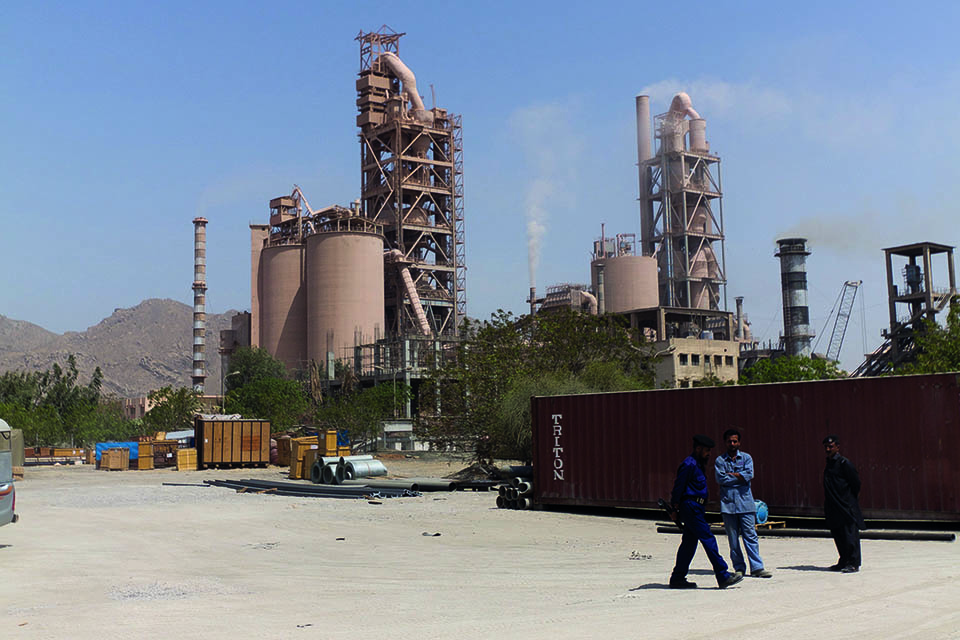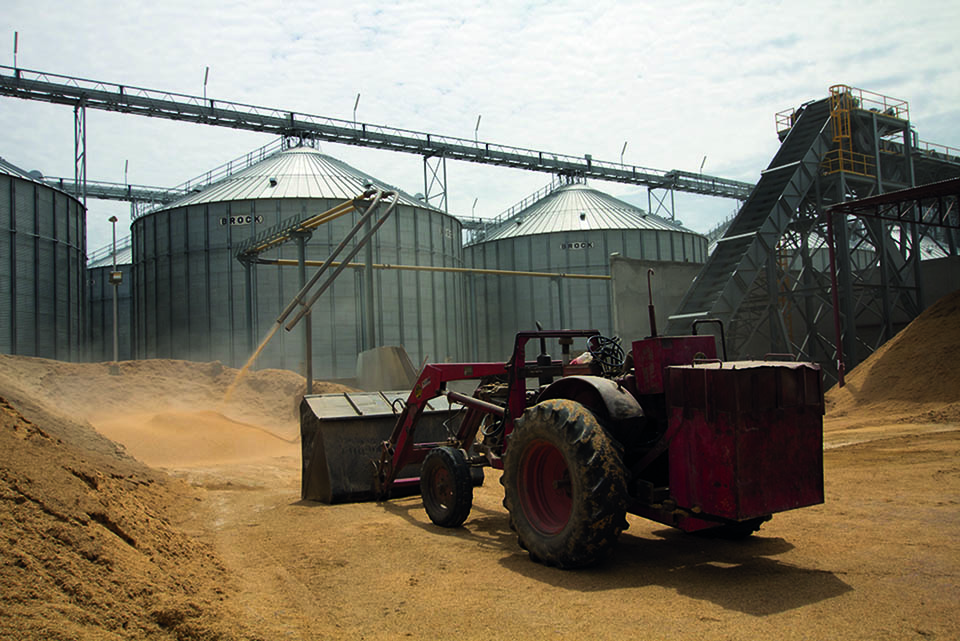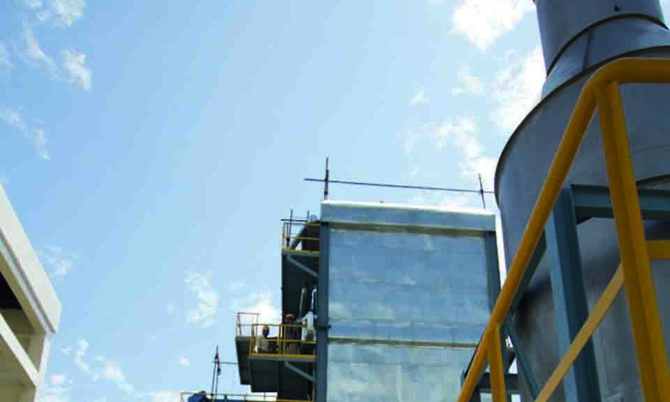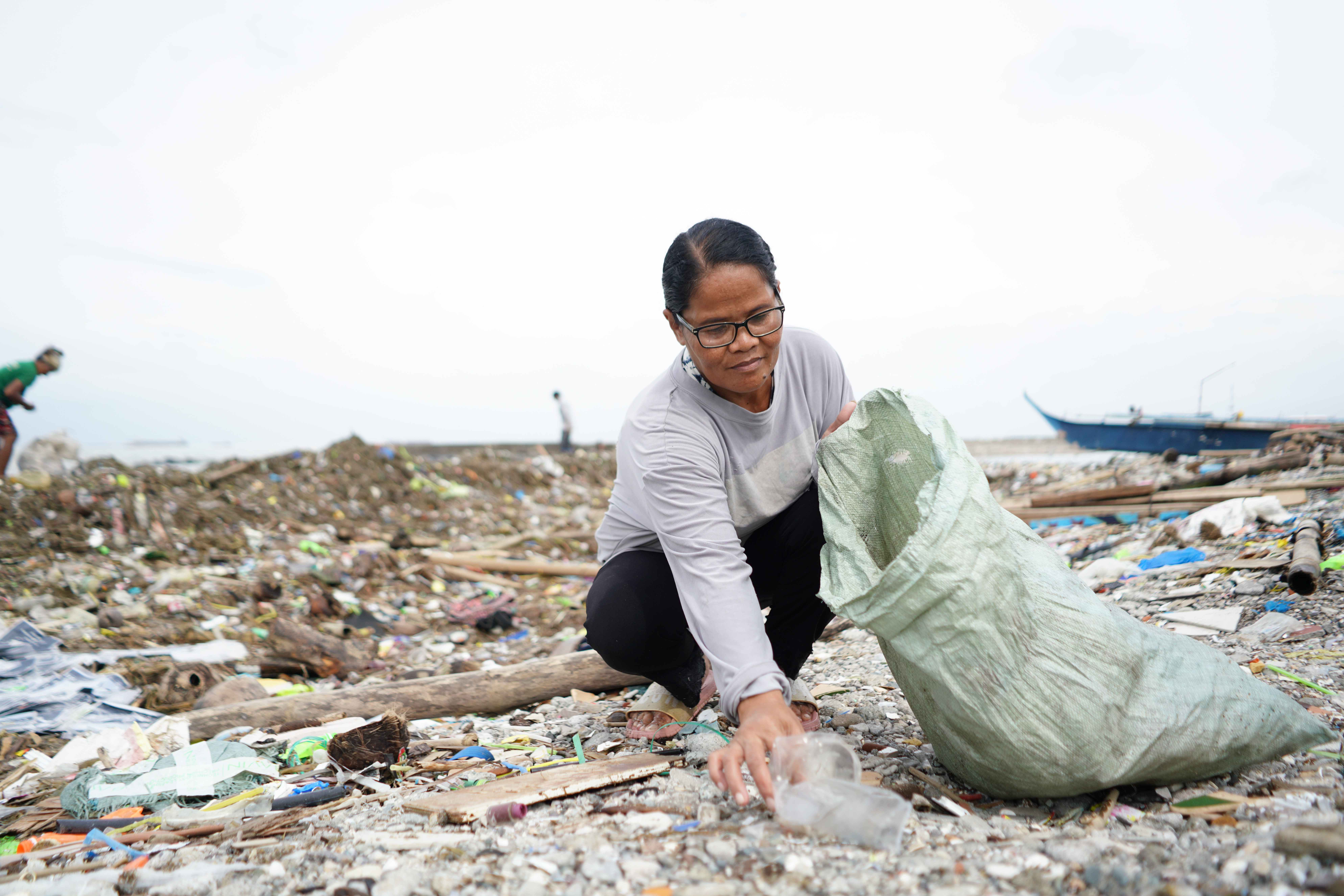

Engro Biomass CDM Project
Biomass-based energy cogeneration

Biomass-based energy cogeneration
Engro Corporation Limited is one of Pakistan’s largest conglomerates with businesses ranging from fertilizers to power generation. Currently Engro Corporation’s portfolio consists of seven businesses which include chemical fertilizers, PVC resin, a bulk liquid chemical terminal, industrial automation, foods, power generation and commodity trade. Engro Foods Limited has specialized in dairy products, such as ice cream, and is now starting sales from its own rice processing plant.
In addition to growing its business in a profitable, ethical and sustainable way, Engro is committed to invest in local communities, as well as to mitigate its environmental footprint and to help preventing further global warming.

Project owner Engro Foods Supply Chain (pvt.) Ltd. intends to utilize renewable biomass residues in a biomass boiler for captive energy use in its greenfield Integrated Rice Processing Complex. The biomass-based cogeneration plant will generate thermal energy and electrical energy in one process.
As the project is a greenfield project, no pre-project-activity can be identified. Both scenarios, baseline and project scenario are predictions of the future situation of thermal energy generation for the rice processing plant. The project scenario is steam production with a 30 tonnes per hour (TPH) boiler running on biomass, whereas the baseline scenario is steam production with a 30 TPH boiler running on natural gas. The estimated annual GHG emission reduction by replacing fossil fuel is approximately 38,597 tCO2e.
All project equipment is locally sourced, thereby implying no technology transfer but higher local value creation. The technology being applied is environmentally safe and sound, as the designed efficiency of the boiler is 89% and as an ash handling system (wet scrubber, several ash collection points) will moreover be installed in order to minimize ash emissions into the atmosphere.
The total installed thermal energy generation capacity is projected to be less than 45 MW thermal, therefore the project activity is small scale.
If you have any inquiries
about our service

